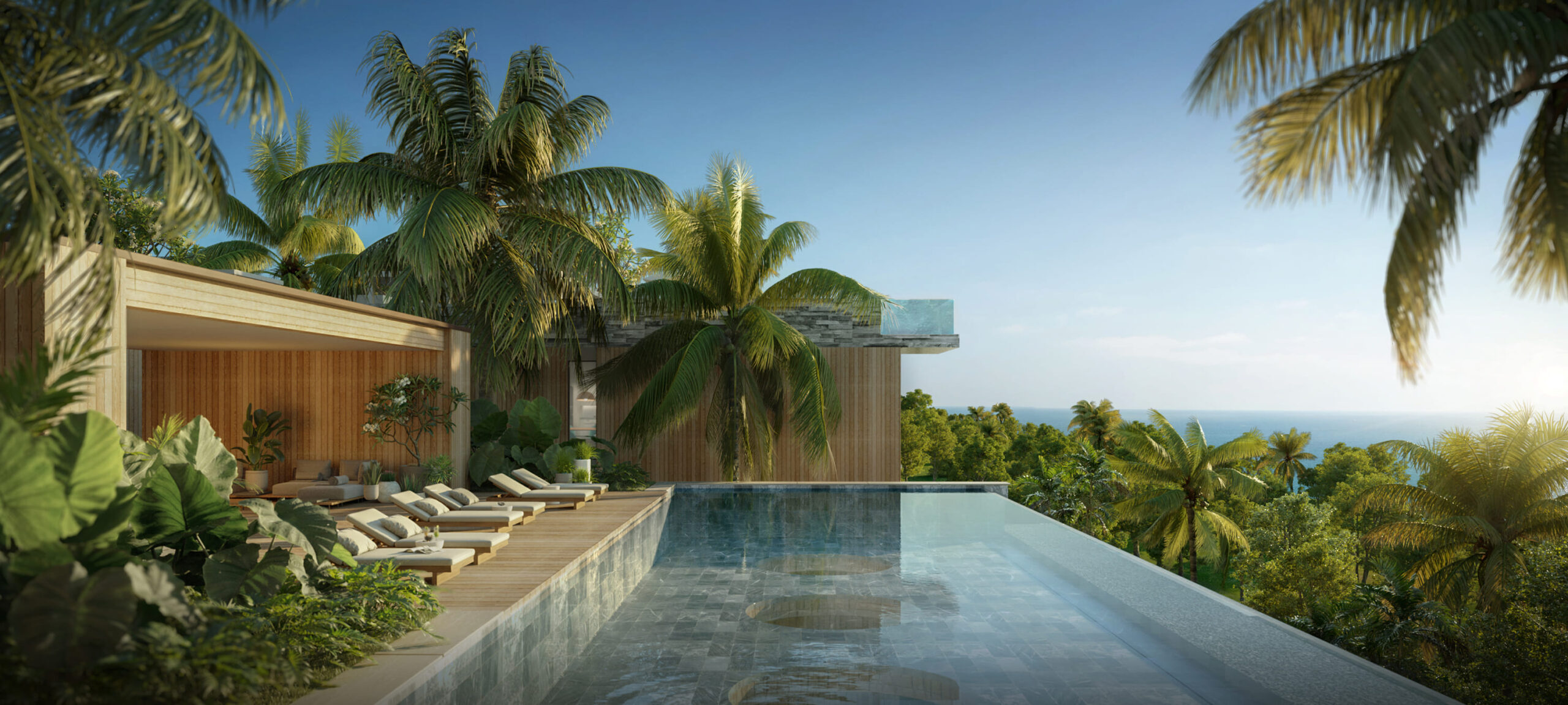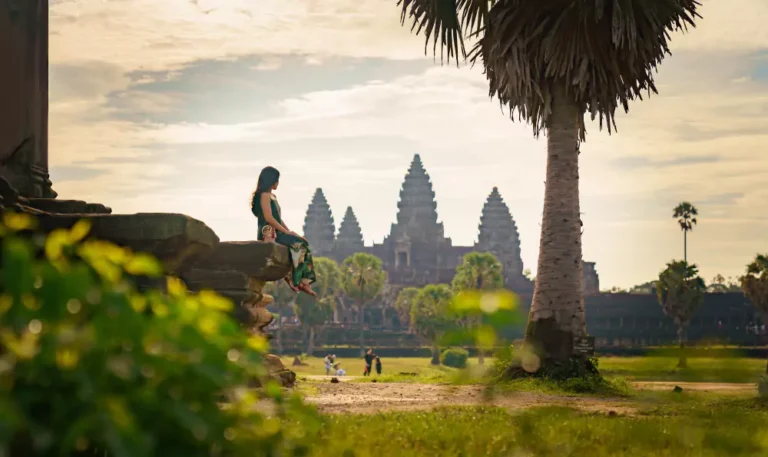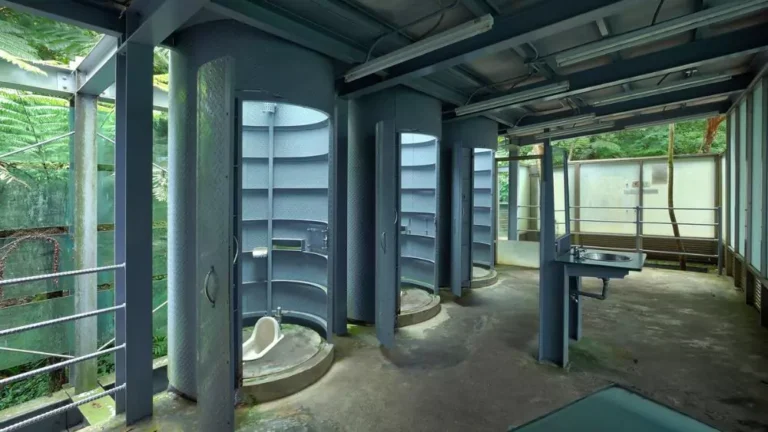In Phuket, a wellness paradise is found
Gardens of Eden places an emphasis on open spaces and wellbeing to create epically proportioned opulence on Phuket’s shoreline

In the beginning, Phuket was the preserve of backpackers.
And then developers said: “Let there be opulence.”
Creation continues to happen on Thailand’s largest island. With the backing of Dubai-based firm DPD Invest, Amal Group of Companies is investing THB11 billion (USD315 million) in Gardens of Eden, a 73-rai wellness community in western Phuket. It marks DPD Invest’s first foray into Thailand.
The callback to the biblical garden seems warranted. Seventy percent of the almost 12-hectare site is dedicated to open spaces, profuse with botanical gardens, water features, and active green areas.
“This project sort of flipped things around because in this development, 70 percent of the space is open space and 30 percent is built-up space, which is usually the other way around,” says Ravi Chandran, corporate affairs advisor of the project and former CEO of the integrated destination Laguna Phuket.
A confessed sustainability advocate, Chandran joins a development team led by CEO Aleksandr Chuvalov, known for having developed luxury residential projects in Russia.
“The developers are very focused on wellness and nature,” says Chandran. “They didn’t want to be in a city area with high-rise buildings, shops, and cars in front of them. So, they took some time and then they found this beach spot.”
Only 50 metres away from the surf, the plot was prime for development. The location represents one of the last plots of waterfront land on Bangtao Beach, among the longest beaches in Phuket.
“It is quite expansive. We can compare it to 22 soccer fields,” says Yana Chuvalova, director of sales for Gardens of Eden.

Martin Palleros, holistic designer and founder of Singapore-based practice Tierra Design, was brought in to guide the blossoming of the project. A motorbike enthusiast, Palleros recently rode through Patagonia and Bolivia, a trek that ended up somehow inspiring his design for Gardens of Eden.
“My inspiration for the project is nature,” he says. “We try to educate developers that nature—and landscape—is luxury now. It becomes less and less and, as time goes by, will be harder to come by. That’s why this project is so important and so unique because it will set up a precedent.”
In Palleros’ vision, over 1,000 trees are set to populate the beachside site, an exercise in biophilic design. The curated flora encompasses everything from fruit orchards to organic gardens, their produce potentially appearing in farm-to-table programs across the project. Other plantings, some in the form of vertical gardens, serve to minimise heat gain on the building façades.
Given the scarcity of large existing trees on the site, the entire landscaping effort needed to commence from the getgo. Following Tierra Design’s strategy, the Gardens of Eden team has designated a portion of the site for the cultivation of native trees.
“Everything will have to start from scratch,” says Palleros. “Four or five years down the line, we’ll have some mature and larger trees that we can use throughout the project.”
Nature—and landscape—is luxury now. Such spaces are at a premium and, as time goes by, will be harder to come by. That’s why this project is so important and so unique
Another environmentally crucial feature of the project involves the incorporation of deep balconies. With sizes going over 41 sqm in some units, the big balconies reduce windows’ exposure to sunlight, keeping the buildings passively cool.
“A lot of people are taking the approach of prioritising more glass for better views, but environmentally it is not the best way to moderate temperature,” says Palleros.

Lined with inner gardens, the structures on the site are designed with natural materials like carbon-negative wood and locally sourced granite. Discussions and plans are underway to secure green certifications for the project.
“For most of our projects, we use local materials as much as possible,” says Palleros. “In Thai architecture, there’s an old tradition of doing wooden buildings, and you can see some of the really old houses still standing in timber.”
Gardens of Eden mainly comprises low-rise structures. With Phuket regulations limiting building heights to five storeys for certain projects, the team opted to design four-storey structures for the first phase of the development. With one classy differentiator, that is.
“We will have truly luxurious residences with ceilings more than three metres high that are very unique for Phuket,” says Chuvalova.
“Most of the developers are trying to maximise and build more, but they end up with a lower ceiling height,” says Palleros. “We are looking at high ceilings as part of this luxury of space, in terms of interiors and when you’re outside. So, luxury flows from the inside to the outside.”

Patricia Ho Douven, founder of the Singapore design studio White Jacket, helmed the interiors and common areas of the 141 apartments that make up the first phase of the project, also known as Eden Residences. The apartments are contained in seven low-rise buildings—each bearing the name of a flower—with unit sizes no smaller than 75 sqm. The buildings are topped with private pools.
Eden Residences is connected by a bridge to Park Residences, which forms the second phase of the project. This part of the development comprises six buildings, each housing 70 residences.
On the whole, Gardens of Eden is a self-contained community that tries its best to keep residents from leaving for the urban conveniences of the Old Town or Patong Beach. The project is a lifestyle play with a multitude of restaurants, clubhouses, kids’ clubs, gyms, and retail areas, including a supermarket.
At the heart of the project stands a specialised medical wellness centre, conceptualised by the renowned global wellness consultancy GOCO Hospitality. The wellness centre, laid out like a leaf or petals from above, reflects the global zeitgeist.

“Wellness communities are very much on the rise,” says Ingo Schweder, founder and CEO of GOCO Hospitality. “The wellness industry moved from USD4.4 trillion in 2020 to USD5.8 trillion in 2023, representing over six percent of global GDP.”
A frequent collaborator with Palleros, Schweder and his team are set to garnish the site with a wide array of spa and wellness services. Schweder met Aleksandr Chuvalov and Yana Chuvalova multiple times last year to further refine the wellness component of the project.
“The key platforms are going to be beauty, wellness, and sports,” he says.
With the ratio of open to built spaces at Gardens of Eden being maintained in perpetuity, the home prices reflect the long-term viability of the project. During the pre-sales phase, 30 percent of the units were successfully sold at prices ranging from THB220,000 to THB350,000 per sqm, a stark contrast to the typical offerings of THB130,000 per sqm around the island.
“The price point is done in such a way where that’s factored in for the financial feasibility of this project,” says Chandran. “The strategy was we want to build a green, sustainable ‘wow’ project where, of course, it has to be profitable, but profit wasn’t the biggest thing.”
The first phase is now scheduled to be completed in December 2026. As construction progresses towards the endgame, Gardens of Eden is triggering the genesis of an improved, more internationalised Phuket.
“We are inspired to make this region a better place to live for the global community,” says Chuvalova. “We feel strongly about the sustainability agenda of Gardens of Eden.”
The original version of this article appeared in PropertyGuru Property Report Magazine Issue No. 182 on issuu and Magzter. Write to our editors at [email protected].
Recommended
Meet the architect transforming Asia’s retail spaces with nature-inspired designs
David Buffonge, the cofounder of Hong Kong-based Lead8, has strong opinions on how to improve built environments around Asia
ARES White Paper Volume 3: The era of adaptive reinvention
Pioneering sustainable and innovative practices in urban development
ARES White Paper Volume 2: Unravelling the power of data revolution in real estate
Insights on proptech, smart cities, and sustainable development
ARES Digital White Paper Volume 1: The fundamentals of responsible building
Green and climate heroes join forces to discuss how Asia Pacific can weather the current environmental crises and the looming effects of climate change






